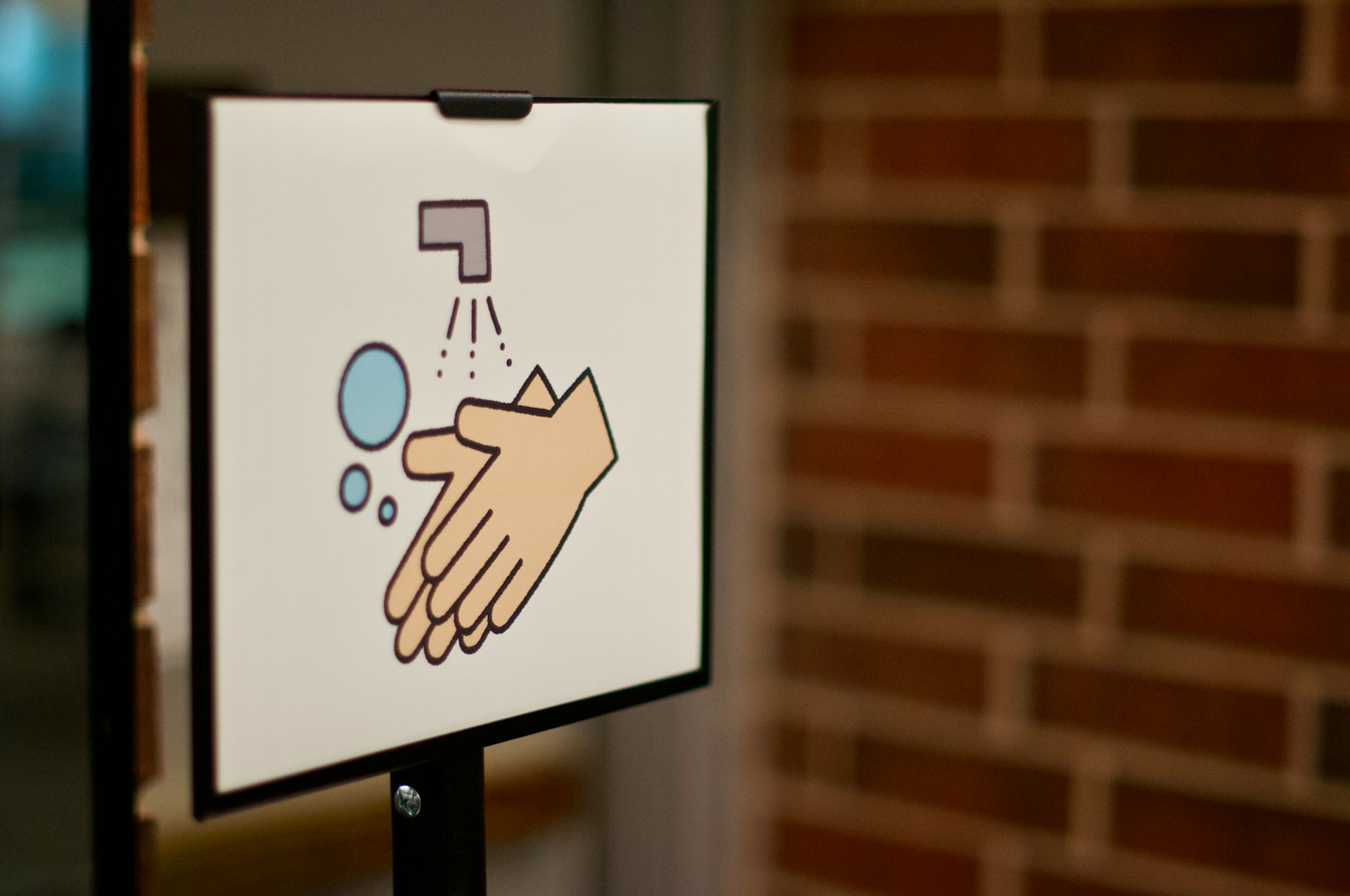Simplified: City health officials are working closely with shelters in town and local health care providers to help vaccinate and test people who are homeless. But one big challenge they're facing is finding places for these people to isolate when they do get sick.
Why it matters
- Sioux Falls currently has more than 1,900 active COVID-19 cases, according to city data. It's unclear how many of these are among people without homes.
- Funding is available for hotel rooms when someone who is homeless needs to quarantine, but City Health Director Charles Chima said the challenge is that hotels don't have enough rooms.
- Another challenge facing shelters is transportation when a person needs to go get a COVID-19 test, though Chima said solutions are in the works for this.
- Chima is also working to hold more vaccine clinics for the homeless population that is not yet vaccinated.
"We recognize that if we can get the majority of the population vaccinated, then we can very much live with this pandemic, and eventually it will run itself out," Chima said. "And hopefully life will return to normal."
What's behind these challenges?
The shortage of hotel rooms is due, in part, to an increase in tourism to the area, Chima said.
- There's also a housing shortage, which leaves more people like temporary workers or folks between living situations, limited to hotels.
Funding isn't an issue, he added. The state has money available to put people up in hotel rooms when they need to isolate.
Transportation challenges come into play with testing. Generally, people who are staying in a shelter would go to Falls Community Health for COVID-19 testing, but getting people to and from has posed increasing challenges, Chima said.
- He's working with health agencies around town to figure out a way to provide transportation to and from the clinic.
- Avera Health is also looking at ways to bring COVID-19 testing to the shelters to reduce the need for transportation.
What happens next?
Chima once again encouraged people to get vaccinated if they haven't already.
He noted that hospitalizations are stabilizing, but the community should continue to social distance, avoid crowds and wear a mask when avoiding crowds isn't an option.
"We strongly encourage community members to continue to observe those measures that will reduce transmission," Chima said.


